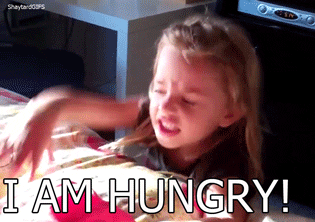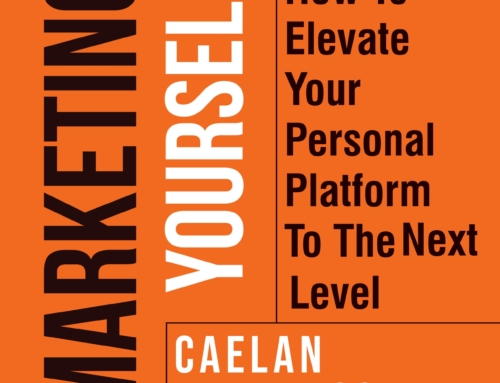Have you ever had to feed a hungry toddler?
They don’t care about what you, as a grown-up, think about cooking oils. They don’t care about the nutritional content of the food. They only care that they are hungry (and what they eat should taste good).
If you ask a hungry toddler which kind of dish would be better nutritional content for their digestion, that hungry toddler will either a) get confused, or b) throw a tantrum because you haven’t fed them yet.
Entrepreneurs talk to their future customers like they are peers, when really, they are hungry toddlers.

They don’t care how they get fed. They just want to eat, wand when they are hungry, and cranky, they don’t want a lot of options. They just want a solution, and sooner, rather than later.
See, the way your market thinks about their problem is not the same way you think about their problem.
YOU are the expert. YOU think about the solution.
YOU use jargon.
There is specialized language that every expert uses, and it is precisely this high mastery of vocabulary that makes it difficult for our audience to understand what we are saying.
When you try and write marketing content — a newsletter, a blog post, or a tweet — your instinct is to use your fancy words, to demonstrate your high level of expertise.
That’s a mistake.
Your fancy words do not resonate with your future customer.
Think of the hungry toddler. Describe your solution to them in clear, easy language, and they will follow your instructions to get what they need.
How do you find that language?
3-star Amazon reviews.
Do you have any competitors who have written a book?
If there is a book about your field, and one of your competitors has written that book, I’m going to give you a trick to discover some excellent language from your target market.
Hungry toddler language.
- Go onto Amazon.com.
- Search the topic of your expertise.
- Open 5–10 books in new tabs.
- Hover over the Stars.
- Click on ‘3 star’.
What’s great about 3-star reviews? These reviews are written by people who were disappointed. They wanted something more from this book, and they didn’t get it.
When they talk about what’s missing from this book, they are telling you what they want. In hungry toddler language.
This is one of the tactics I offer in my Competition Research Workbook (click to get a copy, by subscribing to my newsletter).
If you’d like my step-by-step instructions on using the rest of this workbook to research your competition, register for my free Masterclass, ‘Research Your Competition For Fun & Profit.’
Will I see you there?



![[Case Study] Speaker Collaterals for Leadership Keynote Speaker Dave Rosenberg](https://caelanhuntress.com/wp-content/uploads/2024/11/dave-rosenberg-testimonial-500x383.webp)
![5 Business Models Behind Books [Zoom Workshop]](https://caelanhuntress.com/wp-content/uploads/2024/09/fortune-mobile-box-scaled-500x383.jpeg)


Leave A Comment